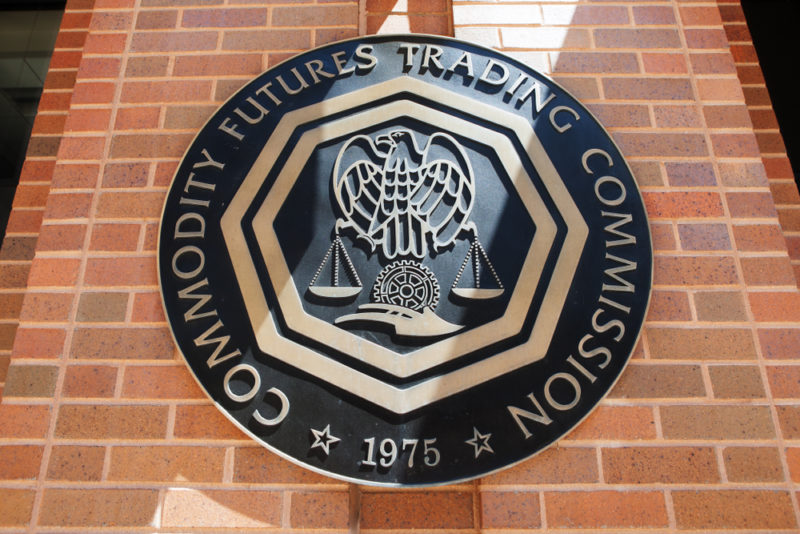The Immigration and Customs Enforcement (ICE) has arrested an American citizen earlier this month for selling bitcoin.
The ICE is a federal government law enforcement body that operates under the jurisdiction of the US Department of Homeland Security.
According to records from the Southern District Court of California, Morgan Rockcoons (aka Morgan Rockwell) is being charged with laundering monetary instruments and the operation of an unlicensed money transmitting business.
The records went on to indicate that the government is also looking at the forfeiture of all his properties linked to the matter at hand.
In a post on Twitter, the accused said:
“On Friday, Feb 9, I was arrested in my home by Department Of Homeland Security over a #Bitcoin transaction from nov 2016 and am released under a personal recognizance bond. I am being charged with:
18 USC 1956 - Money Laundering Instrumenthttps://www.fincen.gov/enforcement-actions-failure-register-money-services-business …”
With regards to the money laundering count, the defendant is accused of knowledgeably conducting a financial transaction with a law enforcement officer for the proceeds of a specified unlawful activity.
He reportedly exchanged 9.998 bitcoin (back then valued at about $9,208) with an covert agent for $14,500 in fiat that he was told was the proceeds of manufacturing and distributing “hash oil” which is an oil that has tetrahydrocannabinols.
THC is the principal psychoactive constituent of cannabis and listed as a controlled substance under Schedule I by US federal law.
As for the count about the operation of an unlicensed money transmitting business, it is a more general accusation, which the US authorities can ostensibly pin on any individual who trades in larger amounts of bitcoin not on an approved exchange.
In a previous case where a Localbitcoins user from Michigan was indicted, an agent said that any transaction of $3,000 or more must comply with know-your-customer (KYC) regulations.

 Business5 days ago
Business5 days ago
 Bitcoin3 days ago
Bitcoin3 days ago
